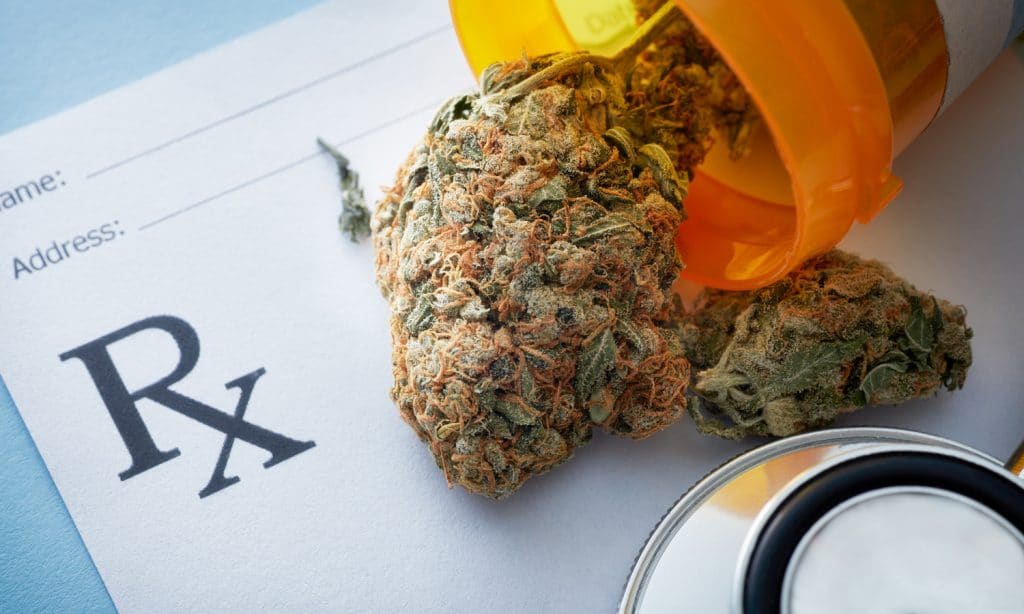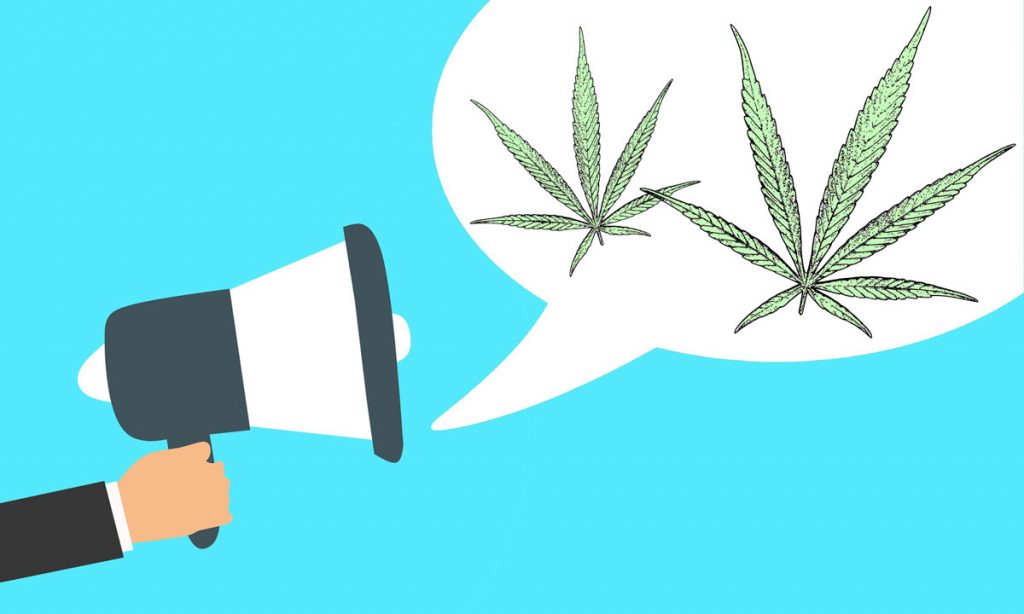If you’re someone who is suffering from chronic pelvic pain, there’s a decent chance you might have success in treating your symptoms with cannabis.
That’s the takeaway from a new study called Use of Cannabis for Self-Management of Chronic Pelvic Pain. The study, via researchers from the Mayo Clinic and published last month in the Journal of Women’s Health, found that 23 percent of patients who participated in the research reported using cannabis to soothe their symptoms.
“The majority used [cannabis] at least once per week…Most users…reported improvement in symptoms, including pain, cramping, muscle spasms, anxiety, depression, sleep disturbances, libido, and irritability,” the authors of the study wrote. “Over one-third (35%) stated that cannabis use decreased the number of phone calls or messages sent to their provider, and 39% reported decreased number of clinical visits.”
The researchers said that nearly a quarter of the participating patients “report regular use of cannabis as an adjunct to their prescribed therapy,” and that despite most reporting side effects, most also said that cannabis improved their symptoms.
“To our knowledge, this is the first study in the United States, which evaluated the prevalence of cannabis use among women with CPP. Our findings show that a clinically significant percentage of women use cannabis in addition to or as an alternative to traditional therapy for chronic pain,” the authors wrote, as quoted by NORML. “[U]sers indicated that cannabis improved CPP-related symptoms, decreased reliance on the health care system, and helped reduce use of opioid medications. Our findings provide important incremental evidence, and we hope to pave the way toward acceptance and consideration of cannabis as a therapeutic option for patients with debilitating pain to improve their quality of life.”








